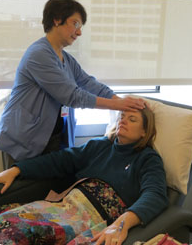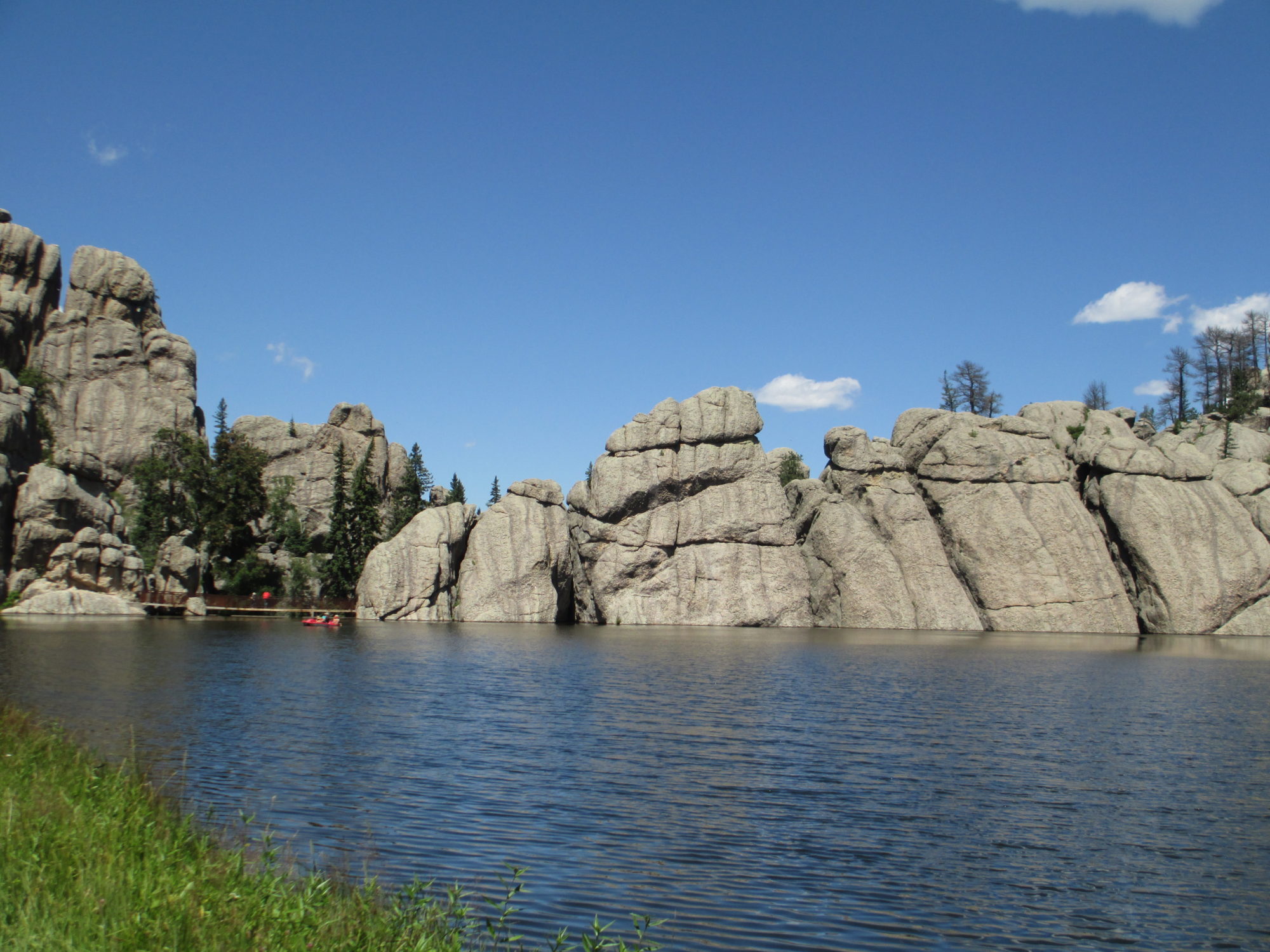
Last week, an advertisement was posted in the UK for a Reiki Spiritual Healer to join the staff, in a paid position, at St Margaret’s Hospital in Epping, Essex. This created a bit of a storm in the webosphere with some people criticizing the hospital for condoning “quackery.”
Here are the top 5 things I’d like to say to all the naysayers:
- We’re not just physical machines. To be human is to be composed of body, mind, and spirit. These aspects are continuously linked during our lifetime. A healthy mind helps to create a healthy body and spirit. A healthy spirit contributes to a healthy mind and body, etc.
- Doctors and nurses don’t do the same thing as Reiki practitioners. The Reiki practitioners are helping the doctors and nurses. They help by creating an environment where a patient can relax and receive his or her treatment with less stress and anxiety.
- There are studies that show this is helpful. See, for instance:
Rachel S.C. Friedman, Matthew M. Burg, Pamela Miles, Forrester Lee, and Rachel Lampert “The Effects of Reiki on Autonomic Activity Early After Acute Coronary Syndrome.” J. Am. Coll. Cardiol. 2010; 56;995-996.
Baldwin, A. and Schwartz, G.E., “Personal Interaction with a Reiki Practitioner Decreases Noise-Induced Damage in An Animal Model”, Journal of Alternative and Complementary Medicine, January 1, 2006.
Bengston, W., Kinslet, D. (2000) “The Effect of the ‘Laying On of Hands’ on Transplanted Breast Cancer in Mice,” Journal of Scientific Exploration, Fall, vol. 14(3), pp.353-364.
And more here.
- Maybe you haven’t noticed, but there are Reiki practitioners in many large hospitals. You can often find them offering Reiki during chemotherapy treatments. Why don’t you stop by and ask the patients what they think of the Reiki?
- Wake Up! Our bodies/minds/spirits are asking for holistic and complementary care. Please step aside while we provide it.
